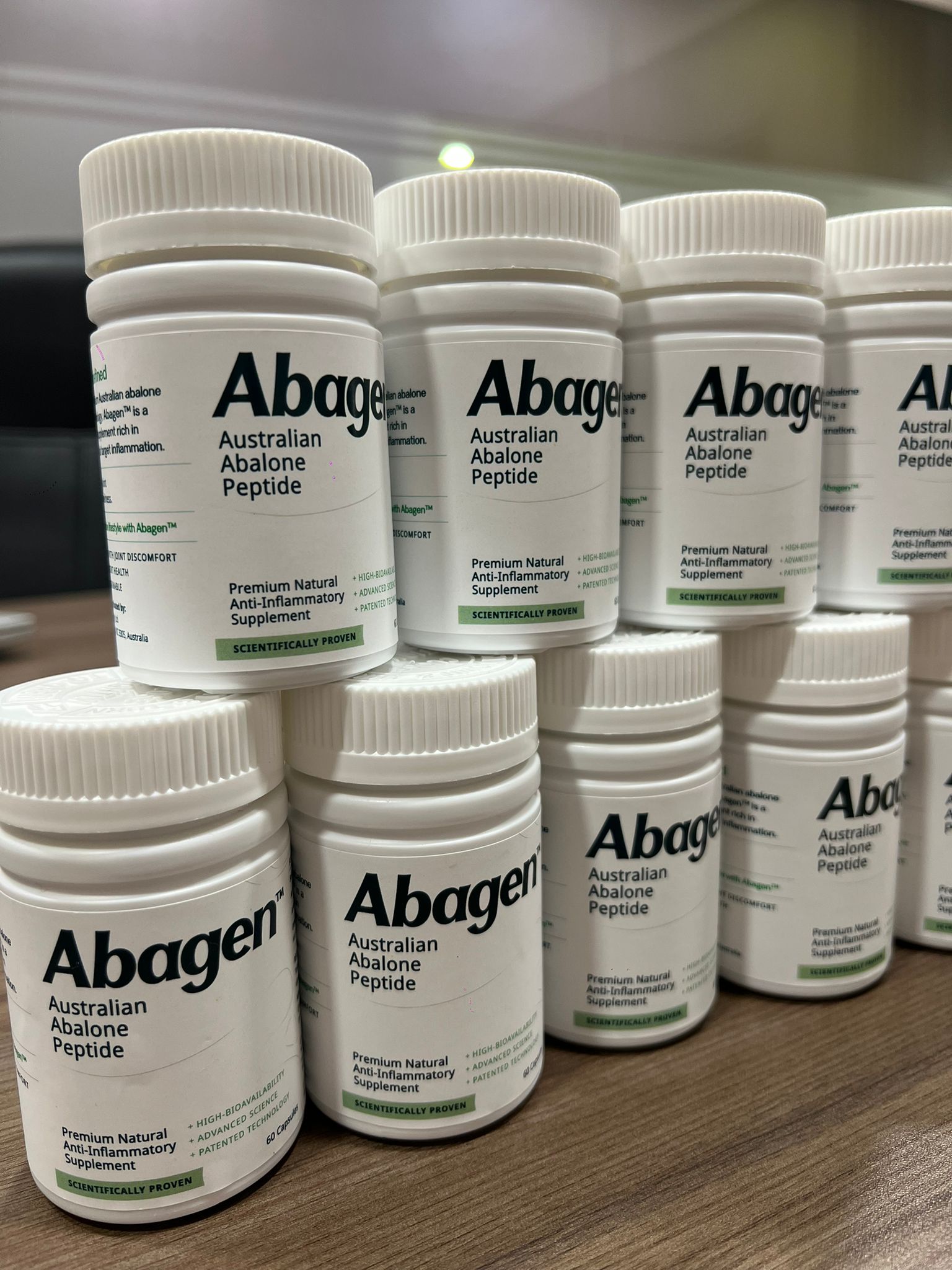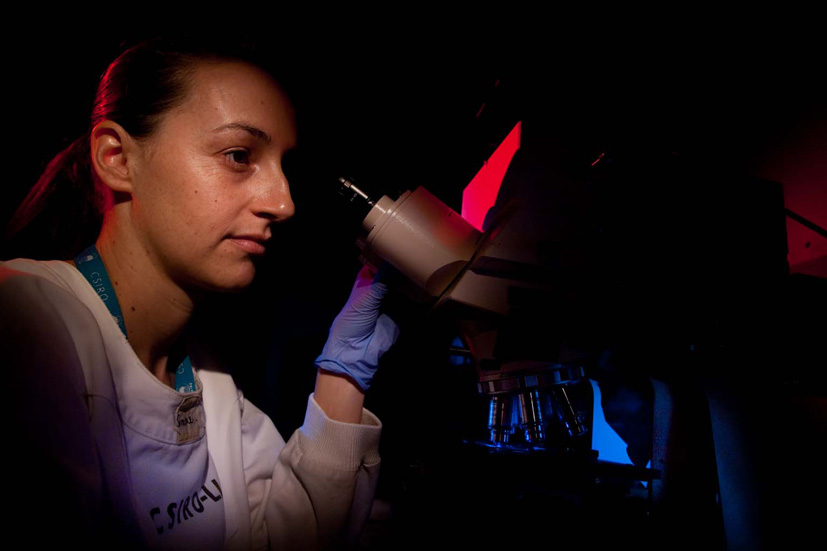FRDC support has proved critical in turning Abalone byproduct into a value-added nutraceutical ingredient. It is part of ongoing research investment to reduce waste and increase returns in the fisheries sector.
By Catherine Norwood
From concept to commercial products, a 15-year journey has transformed an abalone byproduct into Abagenä – a supplement that could soon be appearing on retail shelves.

Lead researcher at Australia’s national science agency, CSIRO molecular nutritionist Dr Simone Osborne, says support of FRDC has been crucial to the product’s development and entry into the commercialisation pipeline.

It’s the result of ongoing FRDC investment in projects investigating ways to add value to fisheries byproducts or processing waste streams.
Simone says the concept for Abagenä initially came from a Melbourne abalone processor in 2008 when she was working on a CSIRO project looking at other processing waste streams.
“The processor knew there was a market for soft abalone byproducts overseas and wanted to know what the functional properties were, and what kind of product could be developed,” she explains.
Based on that, Simone applied for and won the FRDC-sponsored Young Scientist Award in 2009. The award funded early experiments that confirmed the potential of abalone byproducts.
“From that we were able to identify some anti-inflammatory properties in the abalone byproduct. This is now progressing to human clinical trials to confirm it as nutraceutical ingredient for the relief of arthritis.”
Another big project co-funded by CSIRO and the FRDC from 2012 to 2015 looked at abalone byproducts in more detail, as well as Atlantic Salmon and Barramundi byproducts.
Simone says without FRDC support at that point, the research would have stalled.
“FRDC funding was crucial for animal studies to confirm an anti-arthritis effect, to work out how to make the extract, and to purify it.
The research allowed CSIRO to secure a patent in 2017 for extracts from soft abalone byproducts for health benefits. That was the point at which CSIRO partnered with Portland-based abalone processor Joe Milani at Southern Canning in Victoria.
“We contacted a range of people in the abalone industry to see if anyone was interested in taking it further, needing to see if production could scale up, and if it had commercial feasibility,” she explains.
FRDC again provided funding, along with Southern Canning and a Regional Development Victoria grant for commercial trials.
"We demonstrated that we could make not just grams of the extract, but kilograms and that it was food grade”, says Simone.
“Joe is really driving it now. He has set up a new company, Southern Ocean Biotech, to produce Abagen on a commercial scale.

“They will now go through the process of registering Abagenä with the Therapeutic Goods Administration and Food Standards Australia New Zealand.
“Singapore, Hong Kong, and China are also showing strong interest in Abagenä, and these are the key overseas markets being targeted after Australia.”
Ongoing product development
Simone says there have been some interesting functional properties identified in the processing waste streams of other marine organisms, including Atlantic Salmon, Barramundi and sea urchins.
“There are some amazing natural compounds out there and the functionality we’ve found has been surprising.
“It has inspired us to keep going and to look at other products.
“But in trying to scale up a product, it’s essential to have industry backing and to identify markets that will pull it along.
“We know a lot more now about how to develop extracts from byproducts than we did 10 or 15 years ago, and how to guarantee a food grade product at the end.”
She says it’s important not to underestimate the value of byproducts.
“It doesn’t have to be a functional ingredient like Abagen - it could just be a stabilised protein powder that is used to fortify different foods.
“There are a lot of different markets for protein powders and great potential for these byproducts instead of sending them to landfill,” says Simone.





